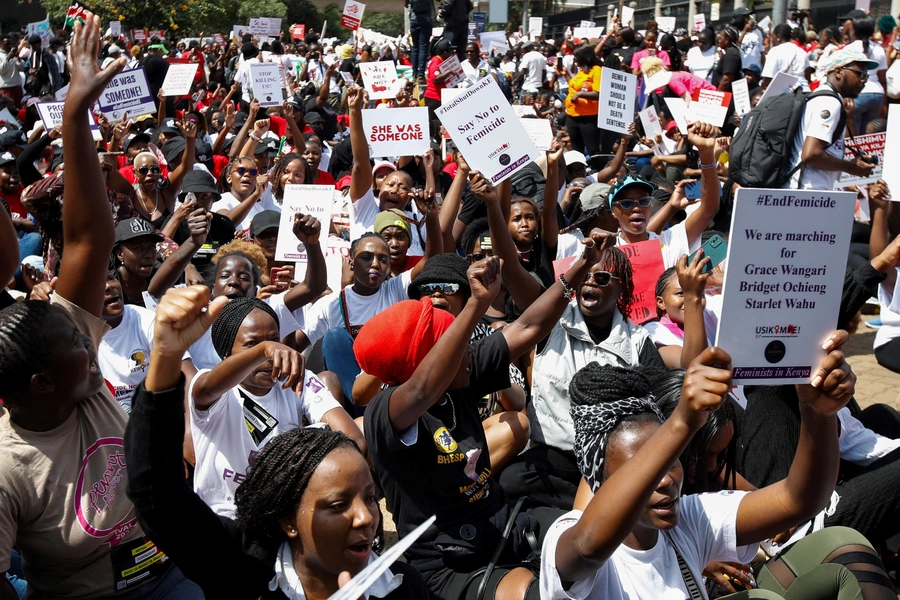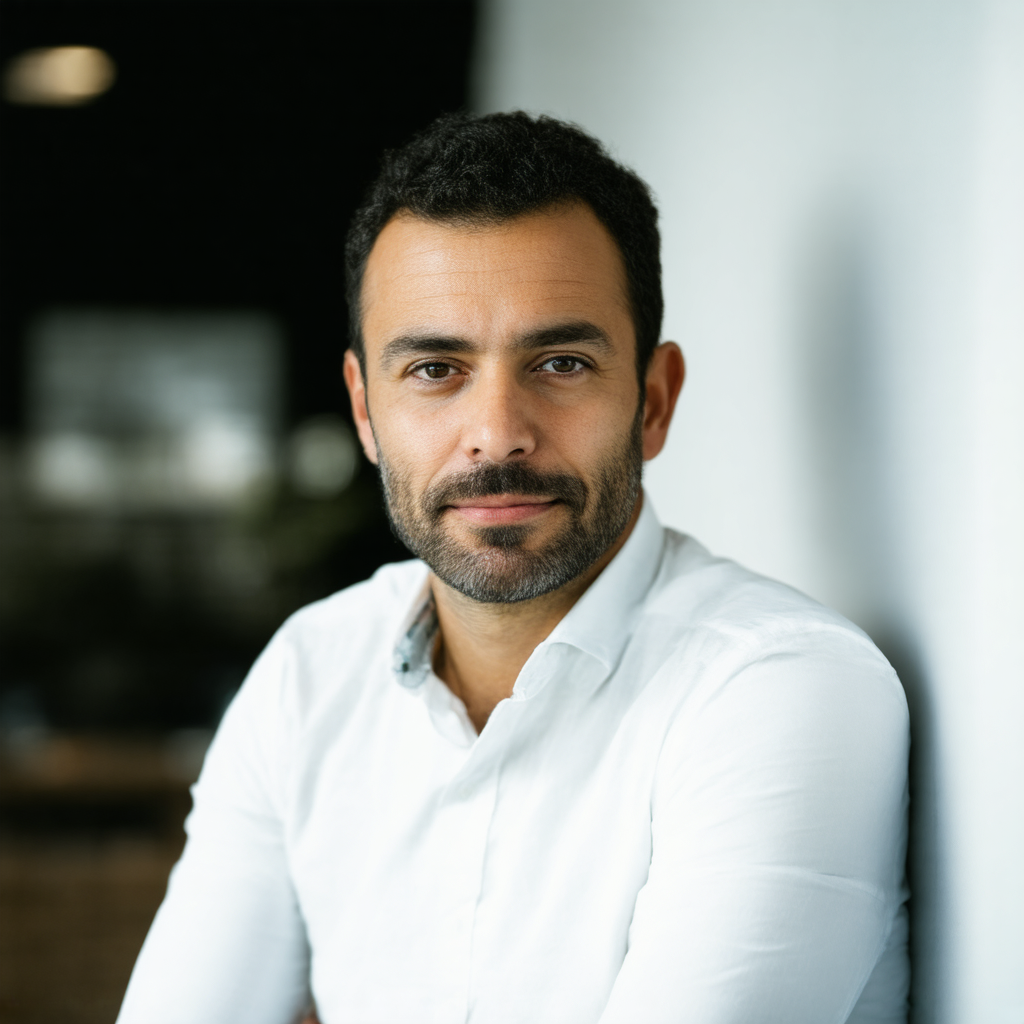
Title: Femicide Detectives: Activists Unveil Systemic Silence with Grassroots Data
In the quiet town of Khartoum, a group of determined women activists is rewriting history. They are part of a growing movement that uses grassroots data to expose the hidden patterns of femicide, challenging the systemic silence that has long surrounded this issue.
Systemic Silence: Unraveling the Threads of Oppression
Femicide, the killing of women because they are female, is not just a series of isolated incidents but a symptom of deeply rooted societal structures. In regions where gender-based violence is often normalized, activists face an uphill battle against cultural norms and legal loopholes that fail to protect women.
These activists are uncovering how systemic issues like poverty, lack of education, and limited access to justice contribute to the epidemic of femicide. Their work reveals a disturbing truth: many cases go unreported, with families pressured to stay silent by societal expectations and fear of further violence.
Tools of Resistance: Empowering Through Data
The activists employ innovative methods to combat this silence. They collect data from communities, meticulously recording each case to identify patterns and hold authorities accountable. This data is a powerful tool, transforming individual tragedies into collective evidence that cannot be ignored.
Their approach is both analytical and grassroots. By engaging with local communities, they build trust and encourage reporting, ensuring no voice goes unheard. This dual strategy of data collection and community engagement is reshaping the narrative around femicide.
Solidarity Across Borders: A Unified Fight for Justice
This movement isn’t confined to one region; it’s a global effort that transcends borders. Activists in Nairobi, Tehran, and Beirut are collaborating, sharing strategies, and amplifying each other’s voices. They recognize that while their contexts differ, the root causes of femicide remain strikingly similar.
Through cross-border collaborations, they create networks of support, ensuring that no activist fights alone. This solidarity is a beacon of hope in the struggle against systemic oppression.
Personal Stories: Faces Behind the Data
Each data point represents a life lost, a story untold. The activists bring these stories to light through personal testimonials, giving voice to victims and their families. These narratives humanize the issue, making it impossible for policymakers and communities to ignore.
One such story is of Amina, a young mother whose murder was covered up by local authorities. Her family’s courage in speaking out led to a landmark trial, setting a precedent for justice in their region. Such victories, though hard-won, are a testament to the power of persistence.
Challenges: The Fight Continues
Despite progress, challenges remain. Activists face threats, legal barriers, and resource shortages. Funding is often scarce, forcing them to rely on donations and volunteer work. Yet, they press on, driven by the belief that change is possible.
Their resilience is a testament to the strength of their cause. They know that every step forward is a step toward justice, even if progress is slow.
Call to Action: Joining the Movement
The fight against femicide is not just theirs; it’s ours. By supporting these activists—through donations, advocacy, and awareness—we can amplify their efforts and help dismantle systemic barriers.
The road ahead is long, but with collective action, we can build a future where every woman’s life is valued. The work of these “femicide detectives” shows us that change is possible, one data point at a time.
In the words of one activist: “We will not stop until every mother knows her daughter can walk home safely, and every daughter knows her voice can be heard.” This is their mission, and it is our call to action.
About the Author:
Aisha Hassan is Reporter & Photographer at our publication. Journalist and photographer with a focus on Middle Eastern youth and their cultural contributions. Aisha’s work bridges traditional and modern storytelling in the region.
 Journalist and photographer with a focus on Middle Eastern youth and their cultural contributions. Aisha’s work bridges traditional and modern storytelling in the region.
Journalist and photographer with a focus on Middle Eastern youth and their cultural contributions. Aisha’s work bridges traditional and modern storytelling in the region. Writer and researcher specializing in Asian arts and migration stories. Bella’s work explores how young Asians are shaping global culture through their experiences.
Writer and researcher specializing in Asian arts and migration stories. Bella’s work explores how young Asians are shaping global culture through their experiences. Reporter with a background in investigative journalism, focusing on human rights and social justice. Luis has worked across Latin America and Europe, uncovering stories that resonate globally.
Reporter with a background in investigative journalism, focusing on human rights and social justice. Luis has worked across Latin America and Europe, uncovering stories that resonate globally. Sarah is a seasoned journalist with over 15 years of experience in global news and media. She has led teams in some of the world’s most challenging reporting environments, bringing a vision for storytelling that connects cultures and empowers voices.
Sarah is a seasoned journalist with over 15 years of experience in global news and media. She has led teams in some of the world’s most challenging reporting environments, bringing a vision for storytelling that connects cultures and empowers voices.